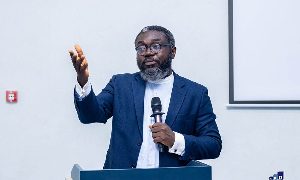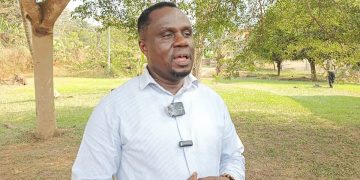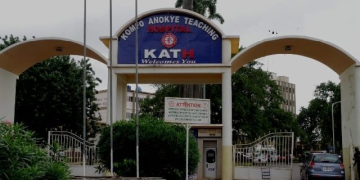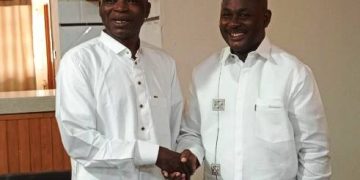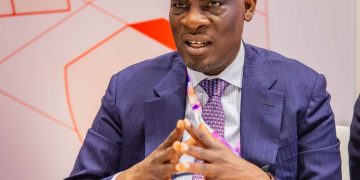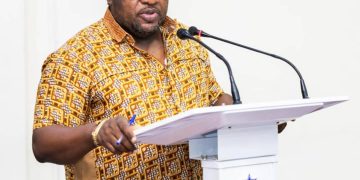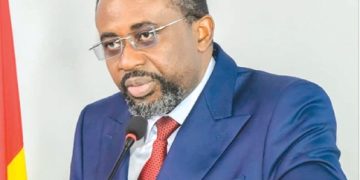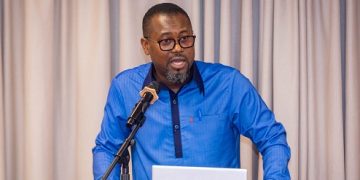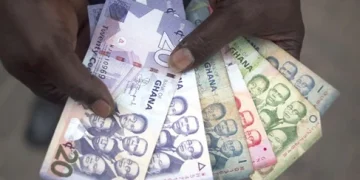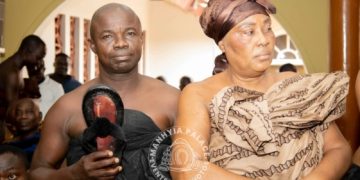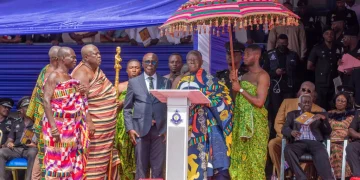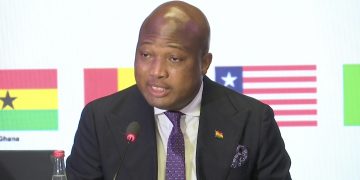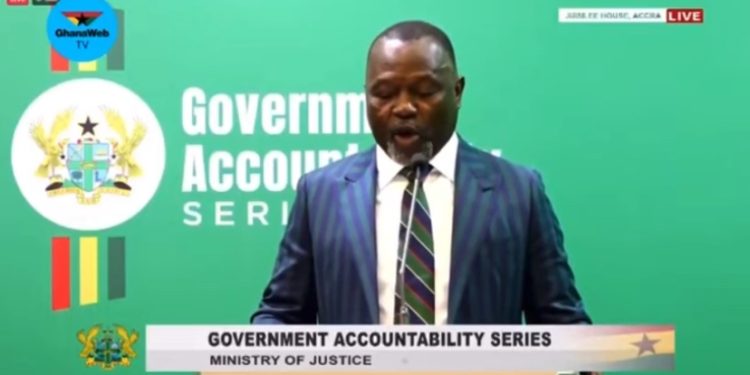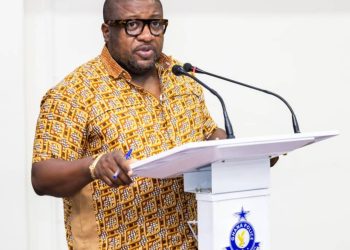The Attorney-General and Minister for Justice, Dr. Dominic Ayine, has clarified the rationale behind the discontinuation of the criminal proceedings against former Finance Minister Dr. Kwabena Duffuor and seven co-accused, attributing it to a structured repayment agreement reached with the accused.
Speaking on Government Accountability series, Dr. Ayine explained that the decision to enter a nolle prosequi, was predicated on significant progress in asset recovery and the intricate legal challenges of the case.
He explained that following lengthy negotiations, the accused presented a revised settlement offer totaling GH¢3.3 billion in liabilities. They proposed a structured repayment plan of GH¢2 billion to settle the matter fully, achieved through a mix of asset transfers and assistance in recovering funds from third parties.
“By a letter dated May 7, 2025, the accused persons proposed to pay GH¢2 billion through a structured arrangement,” Dr. Ayine emphasized.
“They agreed to transfer GH¢800 million worth of assets directly to UniBank, currently under receivership, and to assist in recovering an additional GH¢1.2 billion from third-party beneficiaries who received payments under their instructions.”
Again, Dr. Ayine stressed that to date, GH¢844 million in landed properties had already been handed over to UniBank. Of the GH¢1.2 billion expected from third-party recoveries, GH¢500 million has already been retrieved, with the remaining GH¢700 million expected within 18 months alongside proceeds from the asset sales.
The Attorney-General’s office considered several critical factors before endorsing this arrangement:
• UniBank’s official receiver confirmed that fictitious accounting entries had inflated the bank’s assets by approximately GH¢2.1 billion before its official receivership.
• A GH¢300 million civil claim filed by the receiver in 2019 remains under the insolvency process.
• The combined civil and criminal actions have extended over six years with limited success, complicated by the complexity of the case and early difficulties in tracing assets.
• Prolonged litigation risked diminishing net recoveries and could undermine broader financial sector reforms.
Dr. Ayine emphasized that charging someone with causing financial losses to the state does not necessarily imply that they personally took the lost funds.
“It is important to make clear that when someone is charged with causing financial loss to the state, it does not imply that they took the resources that have been lost,” he remarked.
The Attorney-General defended the decision as a practical measure to recover substantial funds given the high potential for contestable charges and risks of acquittal, referencing a similar case where full prosecution yielded no recovery.
This discontinued case; The Republic v. Kwabena Duffuor & 7 Others (CR/0248/2020) was part of Ghana’s wider financial sector clean-up aimed at recovering public funds and holding accountable those responsible.
The government had set a recovery threshold of 60% as a criterion for continuing prosecution.
Source: www.Kumasimail/Kwadwo Owusu



